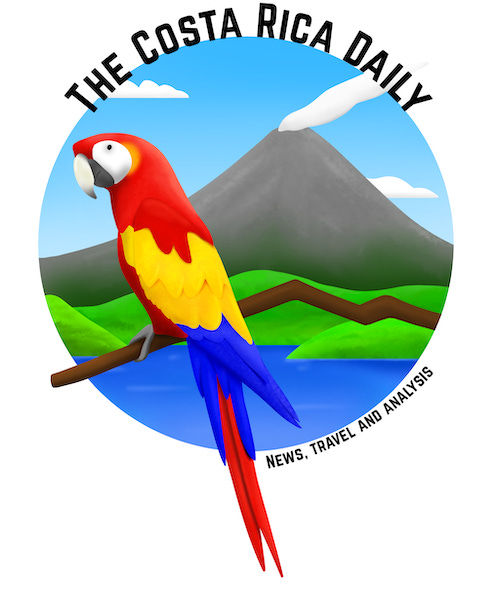The origins of the phrase ‘Pura Vida’
The beginning isn’t as Costa Rican as you might expect.

“Pura Vida” is ubiquitous in Costa Rica.
Even if you don’t speak a lick of Spanish, learn that phrase when you visit. (It’s pronounced poo-rah vee-dah, give or take.) Literally translating to “Pure Life,” Ticos use it to say hello, goodbye, thank you, and to show admiration.
How was your lunch? “Pura Vida.” Someone apologizes? “Pura Vida.” The cashier bags your groceries? “Pura Vida.” You get stuck in traffic because Costa Rica starts road construction at rush hour? “Pura Vida” (except sarcastically).
Today, “Pura Vida” is unequivocally Costa Rican. But the idiom’s origins are decidedly more foreign. According to La Nación, the phrase can be traced to a 1956 Mexican movie with that same title.
The movie follows Melquiades Ledezma, who is outcast from his hometown after being labeled a source of bad luck. Despite the misfortune that follows him, he keeps a positive attitude. (Spoiler: His unlucky streak eventually ends when he finds a winning lottery ticket.)
Ledezma says “Pura Vida” more than a dozen times throughout the film, which was broadcast in Costa Rica. The down-on-his-luck Ledezma and his catchphrase began to catch on in Costa Rica as the country prospered after abolishing its army.
As La Nación explains, by the 1980s, “the environment that characterized Costa Rica in comparison with the wars and the pain that plagued the rest of Central America, were the reasons that promoted the popularization of ‘Pura Vida.’ ”
More than 60 years after the movie debuted, you’d be hard-pressed to find a conversation between Costa Ricans that doesn’t begin or end with “Pura Vida.”
While “Pura Vida” is now decidedly Tico, Costa Rica has Mexican screenwriters Juan García and Gilberto Martínez Solares to thank for the iconic expression.
Here’s a short clip from “Pura Vida” the movie:
Adapted from a 2020 story in The Costa Rica Daily.
Support The Costa Rica Daily
The Costa Rica Daily is 100% free — and 100% ad-free. We can only exist with your support:



I noticed the photo is from the old Mercado Municipal de Artesanías when it was on Ave 2a by the Plaza de la Democracia y de la Abolición del Ejército. It would be interesting to survey Ticos born prior to 1950 or so to see if they remember when they first started using the phrase. I would imagine someone at some University has made it the subject of a thesis in Spanish, Hispanic Culture, or Linguistics. When I studied at Universidad Nacional in Heredia in summer 1992 for my Masters in Spanish from the California State University, I wrote a term paper on Tico slang, contrasting it to slang "argot" in Mexico and Spain. Costa Ricans are pretty bland on their cuss words compared to the Spanish and Mexicans. I included a section on weather terms used to describe rain. The terms are plentiful and abundant in Costa Rican Spanish much like terms for snow and ice in Inuit languages. The use of the term invierno for the the rainy season in what is technically summer in the Northern Hemisphere really blew my mind. I did a survey of multiple slang terms frequently used at the time among host families, students at the university, and any Tico I came into contact with at the time. I don't recall the twrm Pura Vida being as ubiquitous as it is now. Im married to a Tico from the Zona Sur who when I met him spoke in colorful Tico dichos frequently, so I had to learn numerous very countryfied Tico expressions like, "Que sabe un chancho de amor si nunca le han dado un beso, hay mas tiempo que vida, etc. Pura Vida is the least of it.